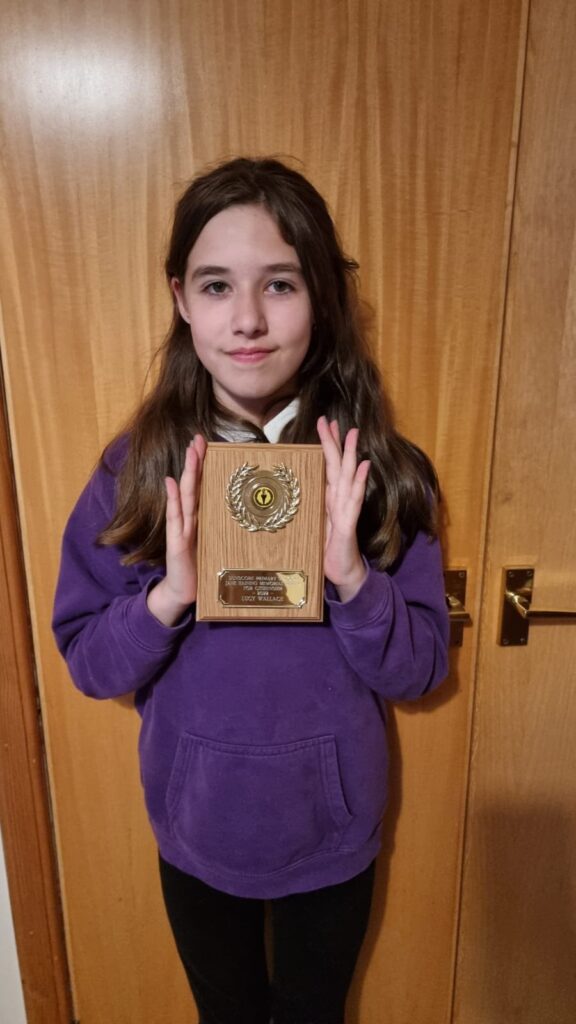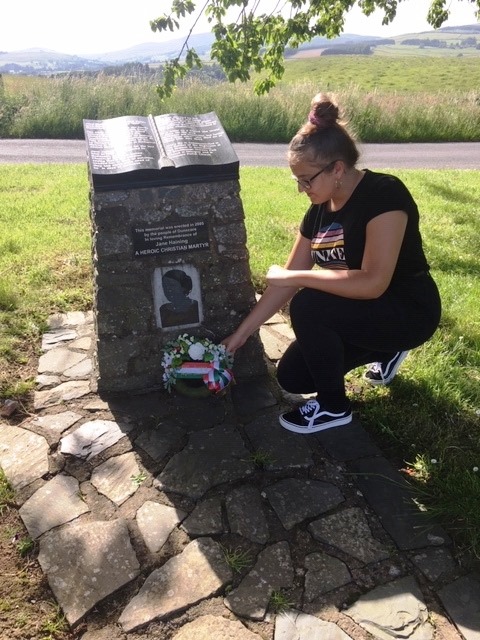Jane Haining
Jane Haining was born at Lochanhead farm, near Dunscore on 6th June 1897. Jane was the third daughter and sixth child born to Thomas John and Jane Mathison Haining. When Jane was 5 her mother died during childbirth and Jane took on the role of caring for the family.
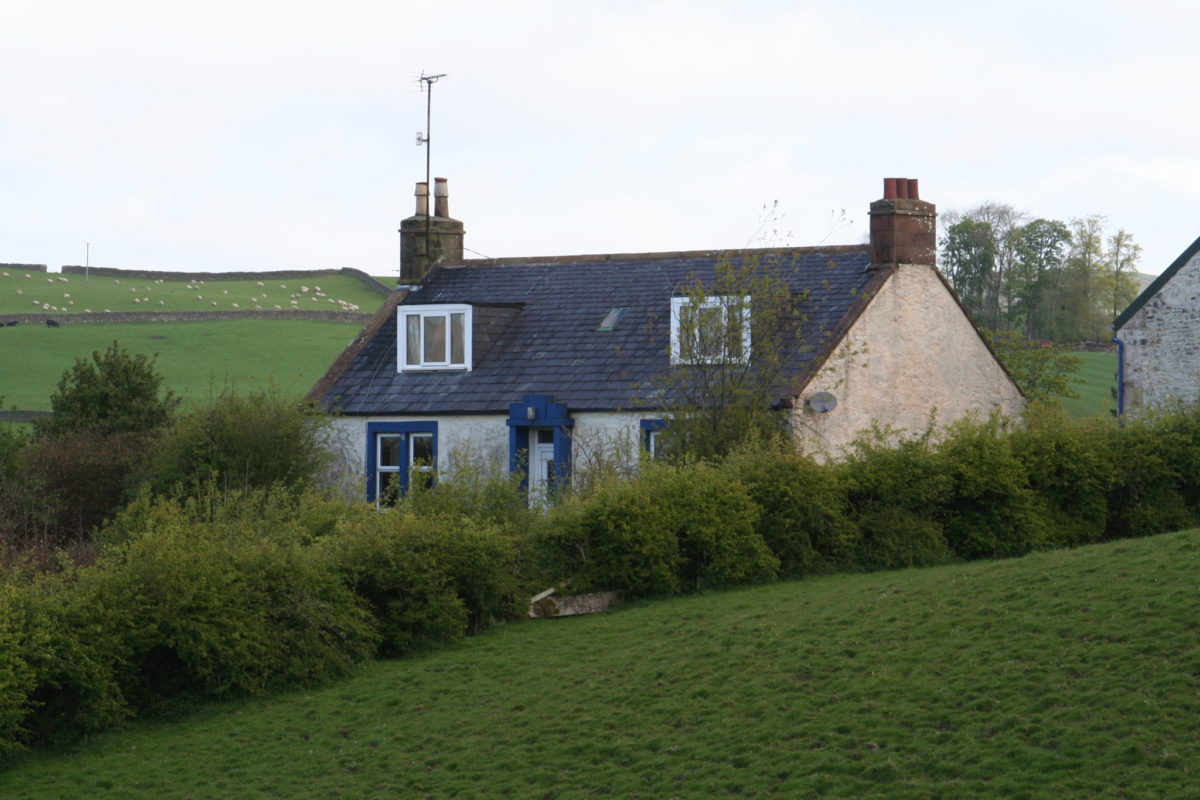
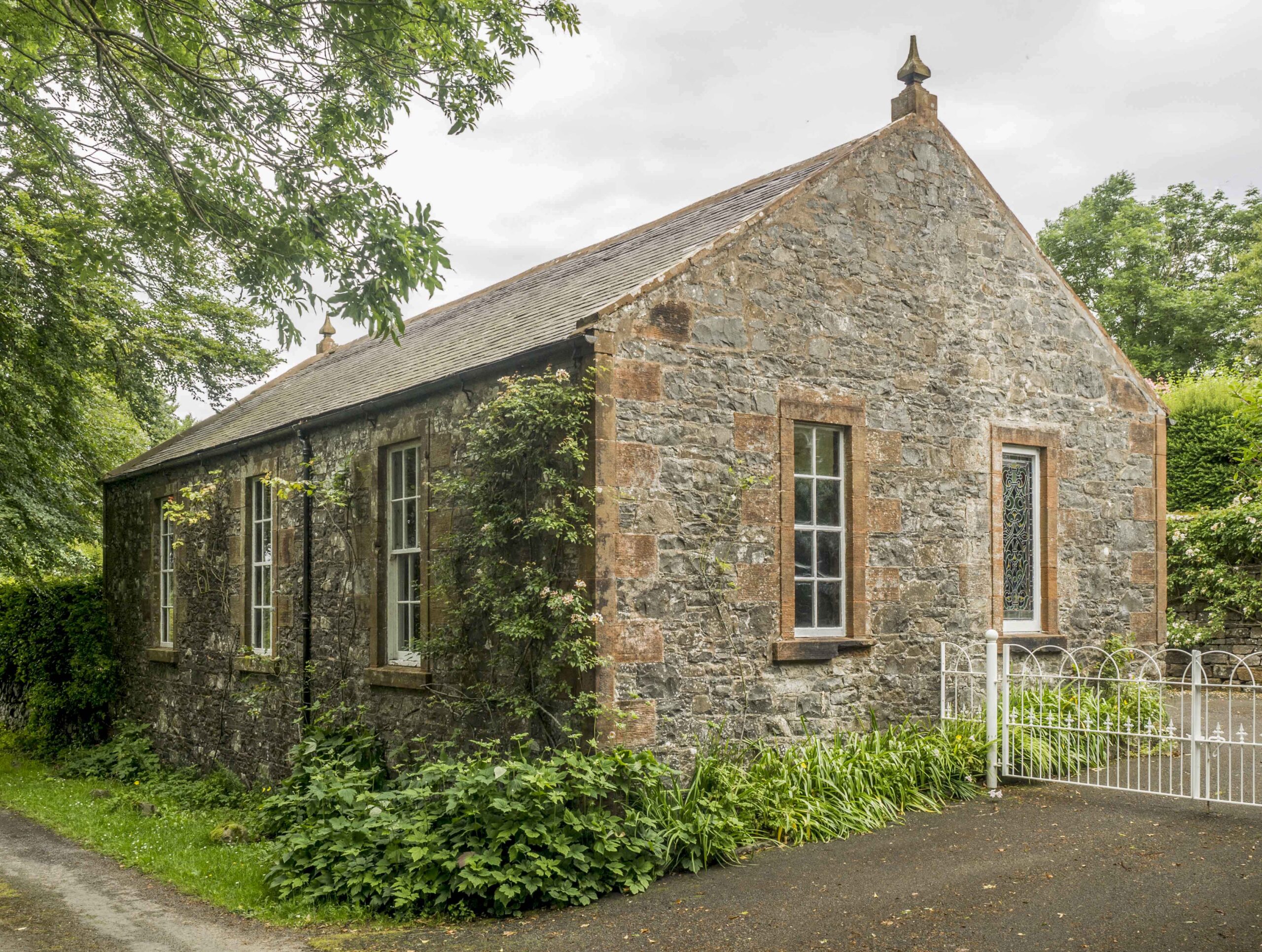
The family attended Craig Church Dunscore. There Jane was baptised and attended Sunday School.
Jane did very well at Dunscore School, reading every book that she could lay her hands on. In 1909, aged 12, Jane left Dunscore School and the farm to attend Dumfries Academy.
She joined her sister Margaret, living in the Moat Hostel for girls.
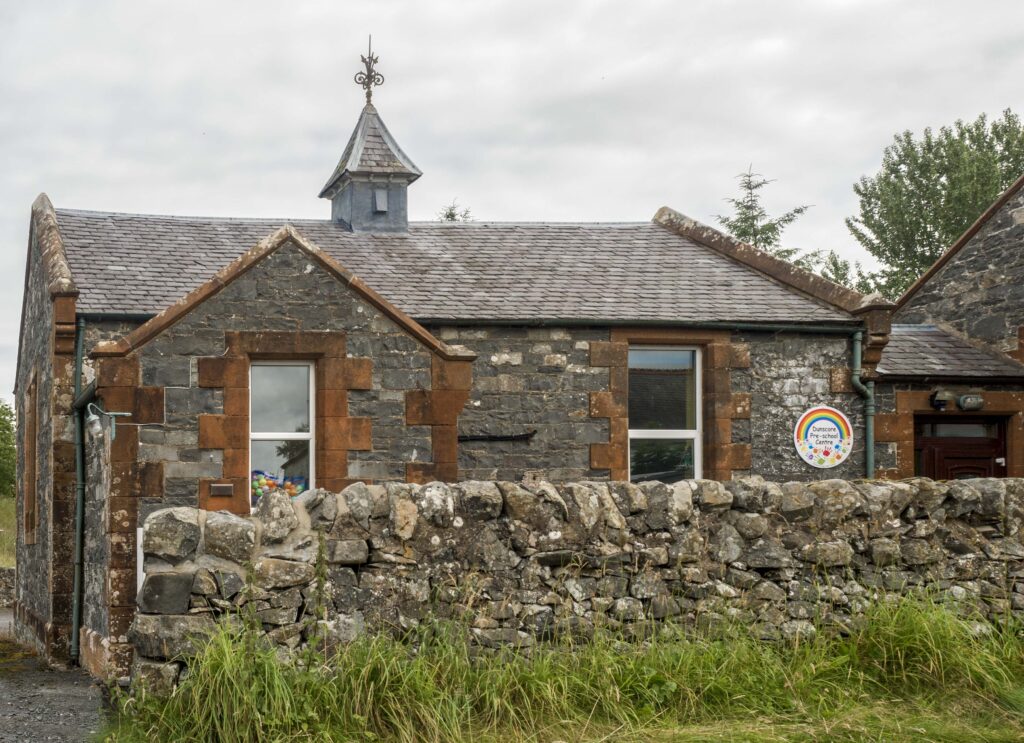
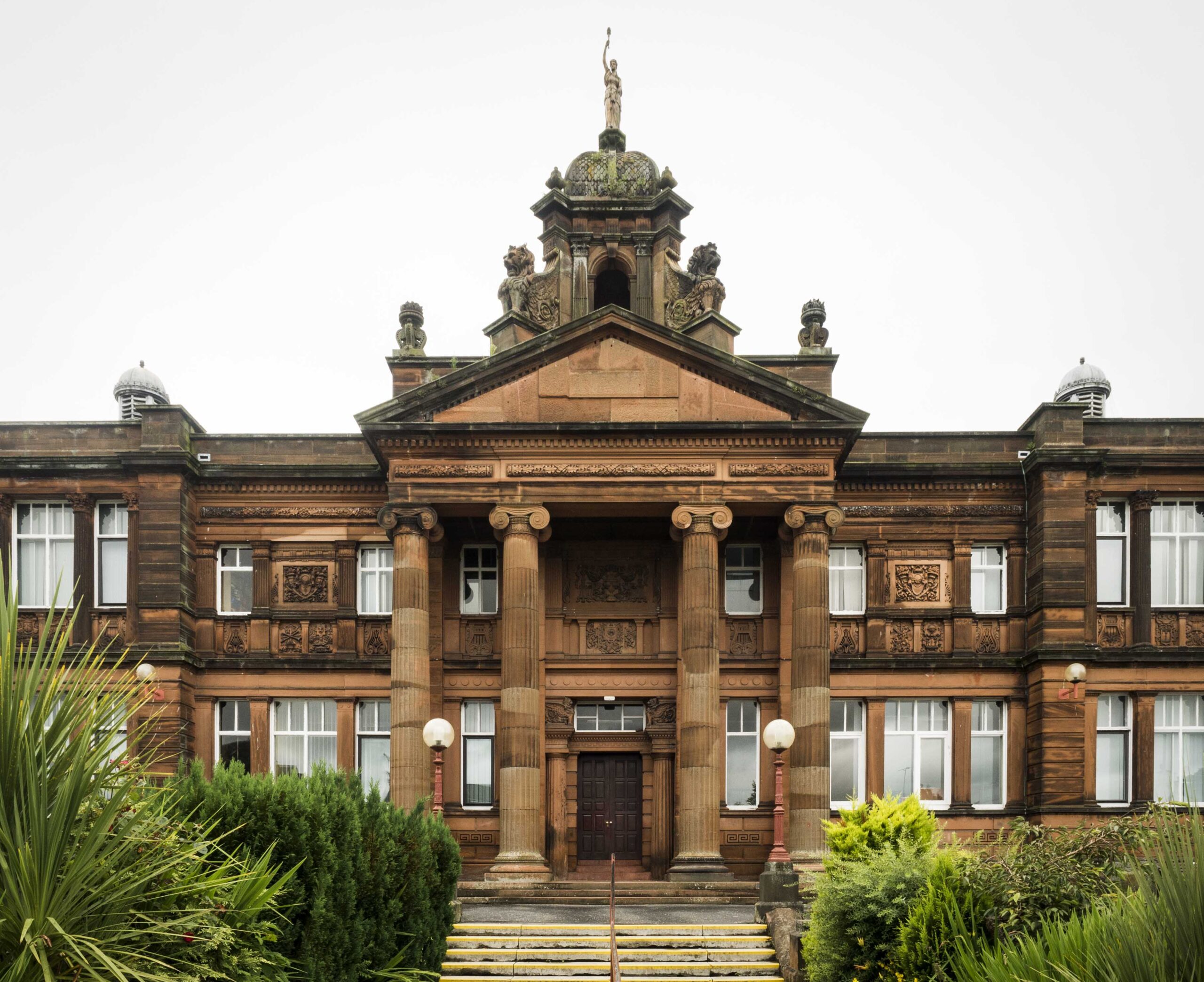
Whilst at the hostel Jane was known for her caring attitude towards others although she herself was shy and retiring.
In her 6 years at Dumfries Academy, she gained 41 prizes, including the ultimate achievement of being awarded Modern Dux. Her leaving certificate showed higher passes in English, mathematics, Latin, French and German.
In the summer of 1915, Jane entered a business course at the Athenaeum in Glasgow and on completion was appointed to become a secretary at J&P Coates Ltd in Paisley, where she was to work for the next 10 years.
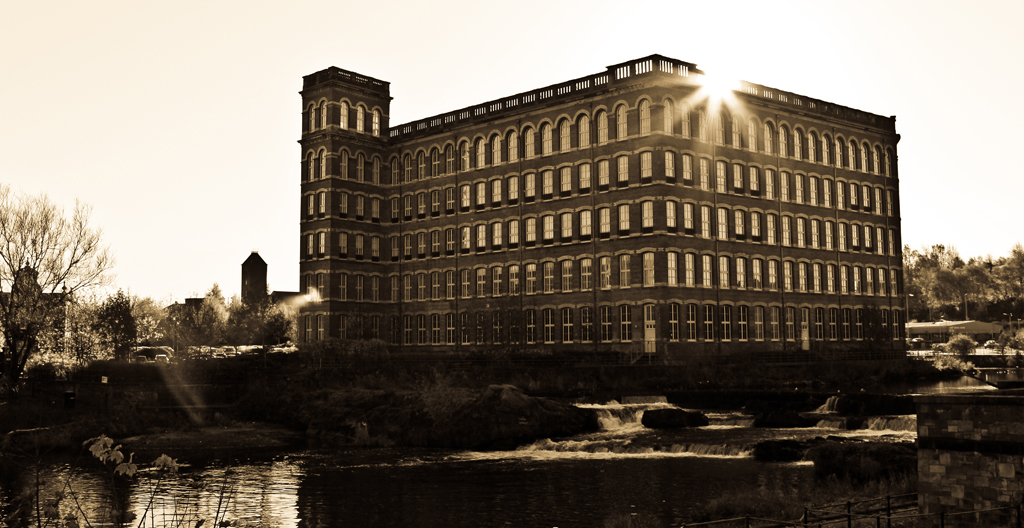
From her home in Glasgow she became involved in the life of Queen’s Park West Church where she offered herself for Sunday school work. She founded a Missionary library. Perhaps this was when her interest in Missionary work arose.
Whilst working in Manchester, Jane saw an advert asking for applications for the post of matron in the girls’ home of the Jewish Mission Station in Budapest . She returned to Glasgow and studied at the School of Domestic Science. The call had come at last!
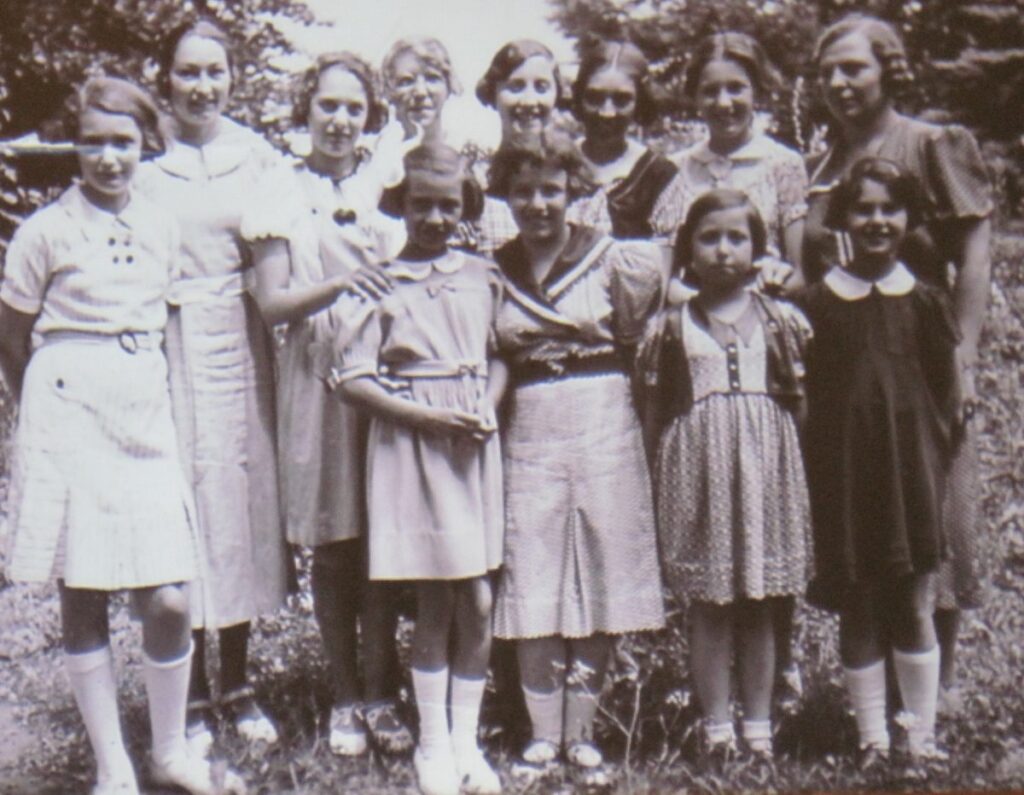
Jane was successful in gaining the post of matron and started work in Budapest in 1932.
Jane quickly settled in making friends with all her charges, some of whom were unwanted children from broken homes. She learned Hungarian and within 2 years spoke it like a native.
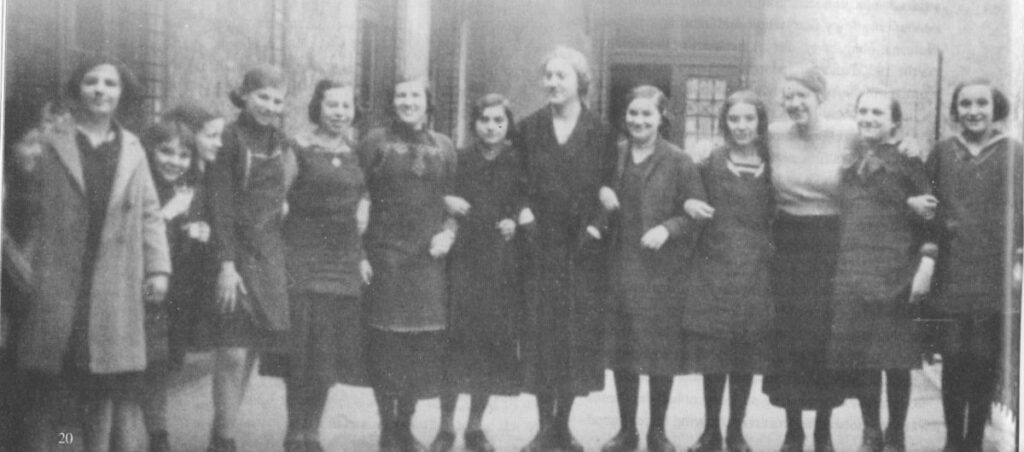
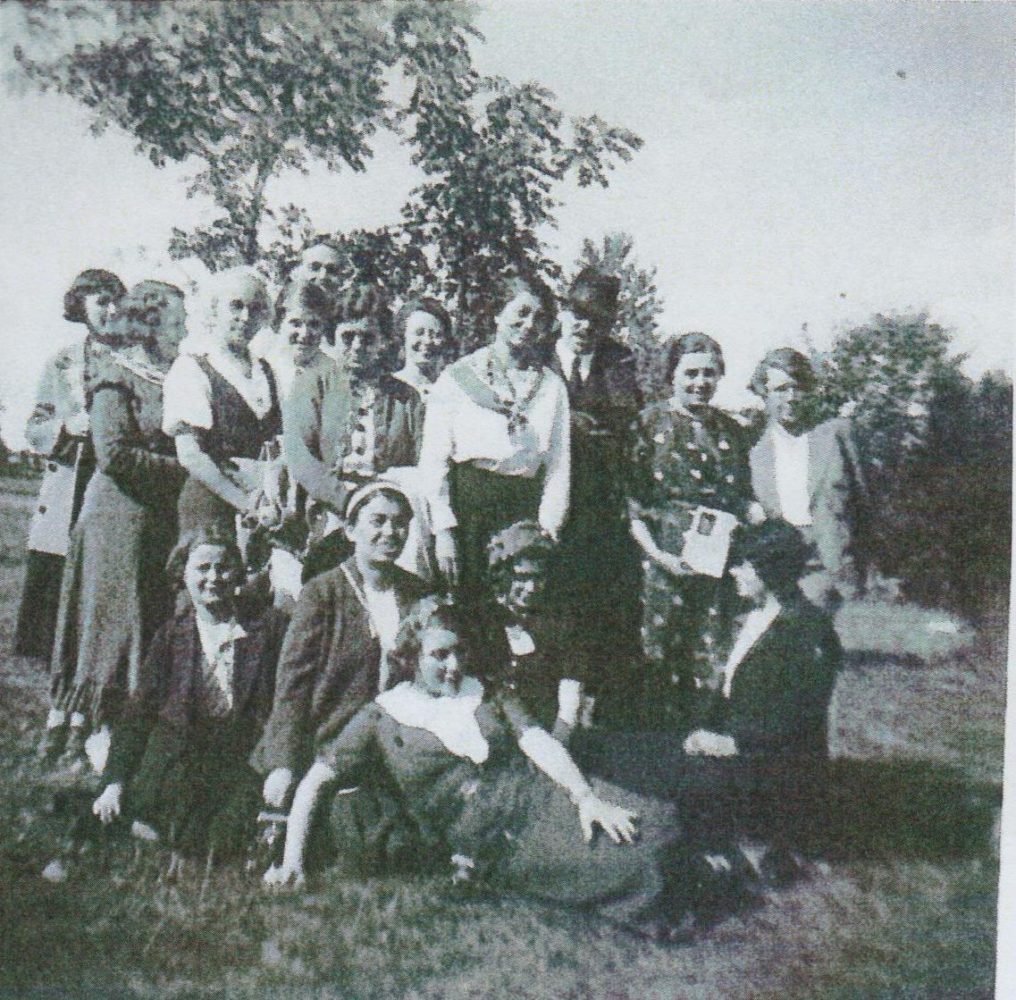
The school was an exceptionally good one and the moral influence of the home and the school was known to be deep and lasting. Not all the girls were Jewish because it was considered salutary that there should be some Christian girls amongst them.
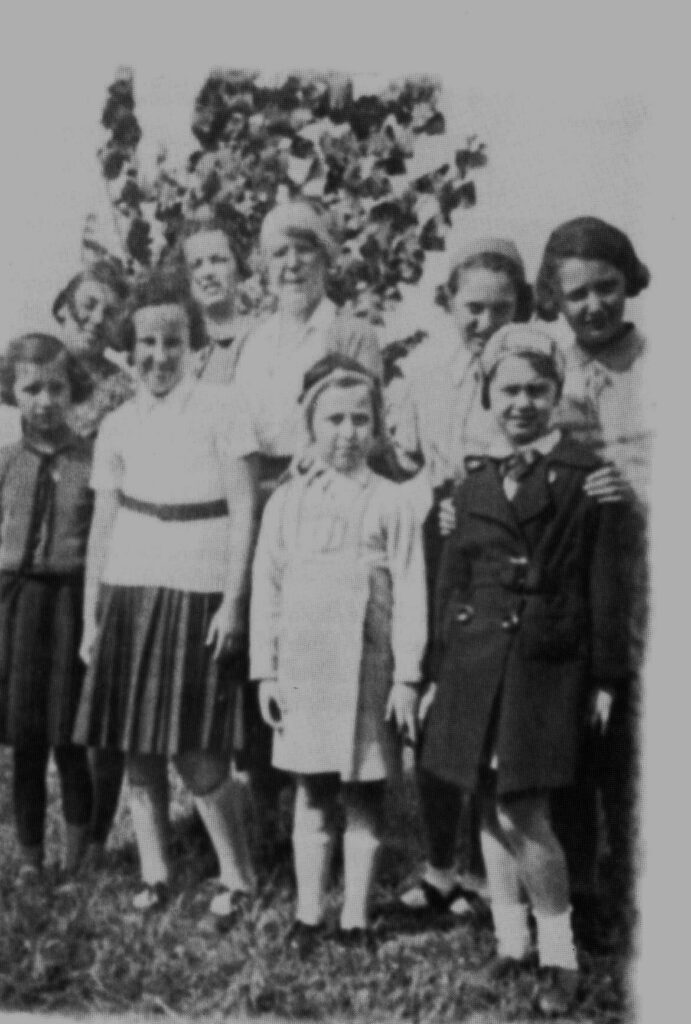
In 1938 Germany annexed Austria and floods of Jewish refugees entered Hungary telling horrific tales of Nazi brutality which Jane recounted when she came home to Dunscore in 1939.
The journey back to Hungary was terrible: crowded trains, 5 changes, no porters, no food. During the hard and cruel winter of 1939-40 it was plain that worse was still to come.
Scottish Missionaries were advised to return home but Jane declined. There were 315 pupils including 48 boarders and Jane was determined to remain to look after them.
She wrote “If these children need me in days of sunshine, how much more do they need me in days of darkness?”
Despite police surveillance, she continued her work. Food was scarce and so she made trips to the market at 5 am. When her girls shoes wore out it was reported that she cut up her leather luggage to make soles. Her recreation was listening on her wireless set to the calm voices of the BBC announcers in London and being immensely comforted by them.
And so passed nearly 4 years of increasing austerity and struggle.
In retaliation against the pro Nazi Government being deposed, German troops swarmed across the Border and began mass arrests of Jewish citizens.
In April 1944 the Gestapo arrived at the Mission. Jane was charged with 8 offences:
- That she had worked amongst the Jews
- That she had wept when seeing the girls attend class wearing the yellow stars
- That she had dismissed her housekeeper
- That she had listened to news broadcasts of the BBC
- That she had many British visitors
- That she was active in politics
- That she visited British prisoners of war
- That she had sent British prisoners of war parcels
One of these charges she denied with all the force that was in her – she had never talked or meddled in politics.
What happened after that is uncertain, but it seems that she was held in a Budapest jail before being taken to Auschwitz. By August she was dead, almost certainly gassed in the last “selections” at Auschwitz before the Russians liberated the camp.
Her last letter, written to her friend, Miss Prem, was dated July 15th 1944. Part of the letter says “I think of you day and night, lovingly and longingly, there is not much to report here. Even here, on the way to Heaven, are mountains but further away than ours – Your loving Jean”
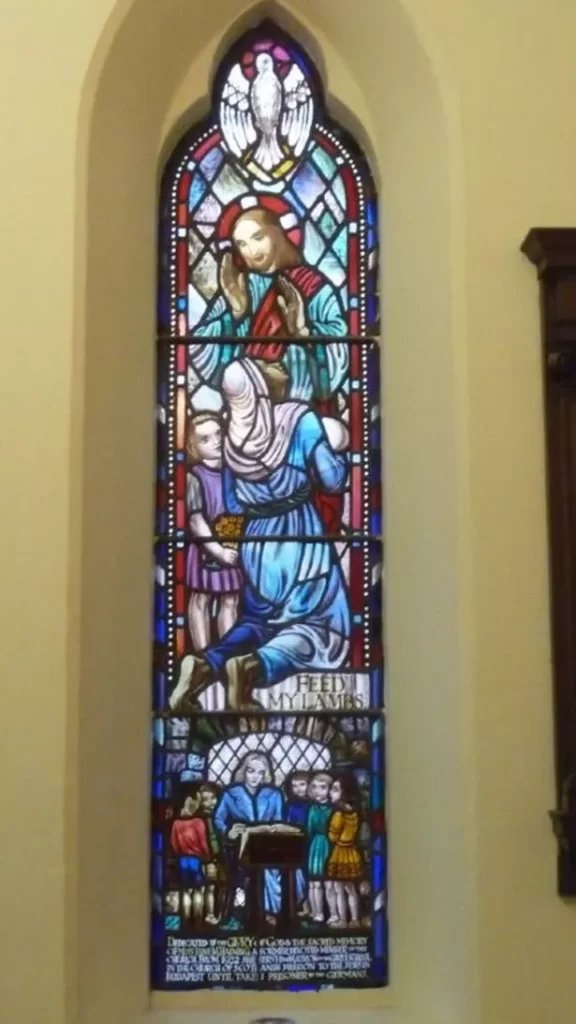
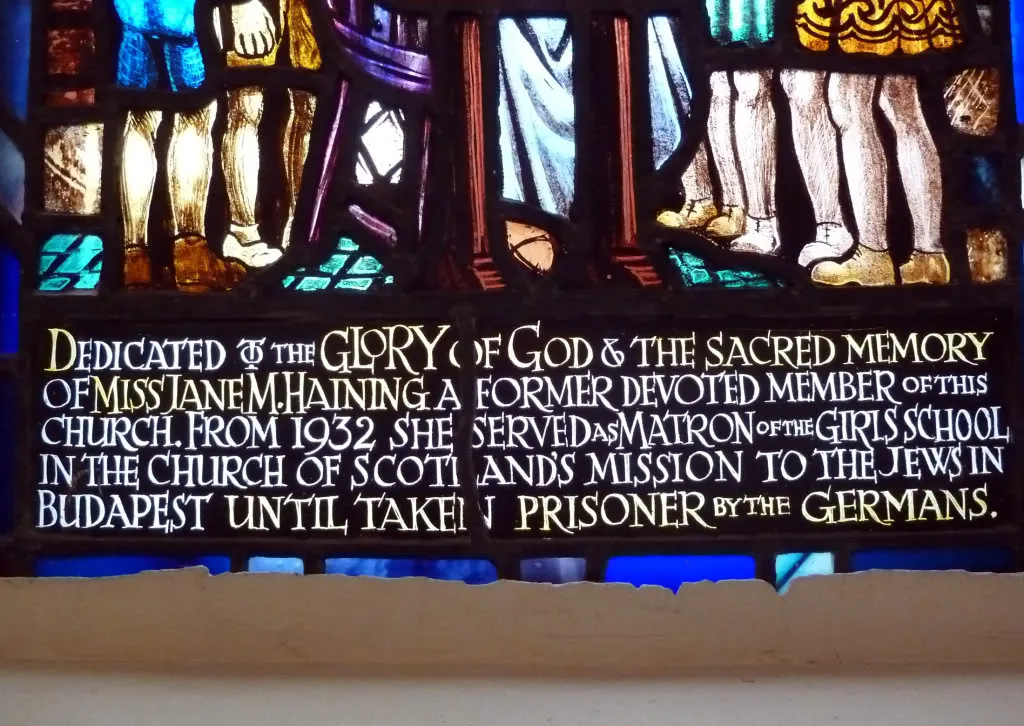
Two stained glass windows adorn Queens Park Church in Glasgow. Entitled “Service and Sacrifice” For in service Jane lived her life and in sacrifice she laid it down.
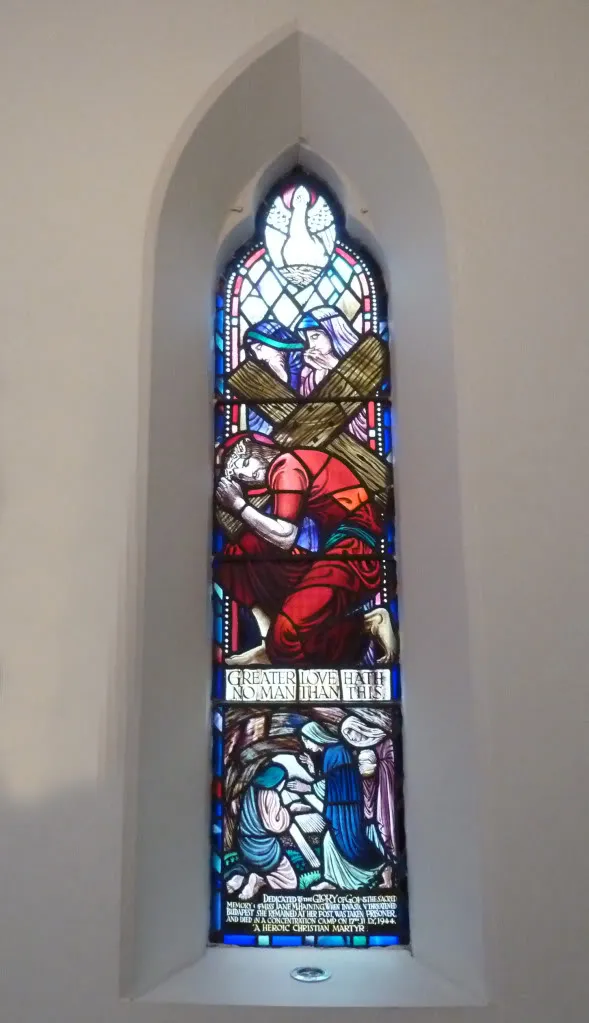
In Dunscore, the Community have erected a memorial cairn in her memory.
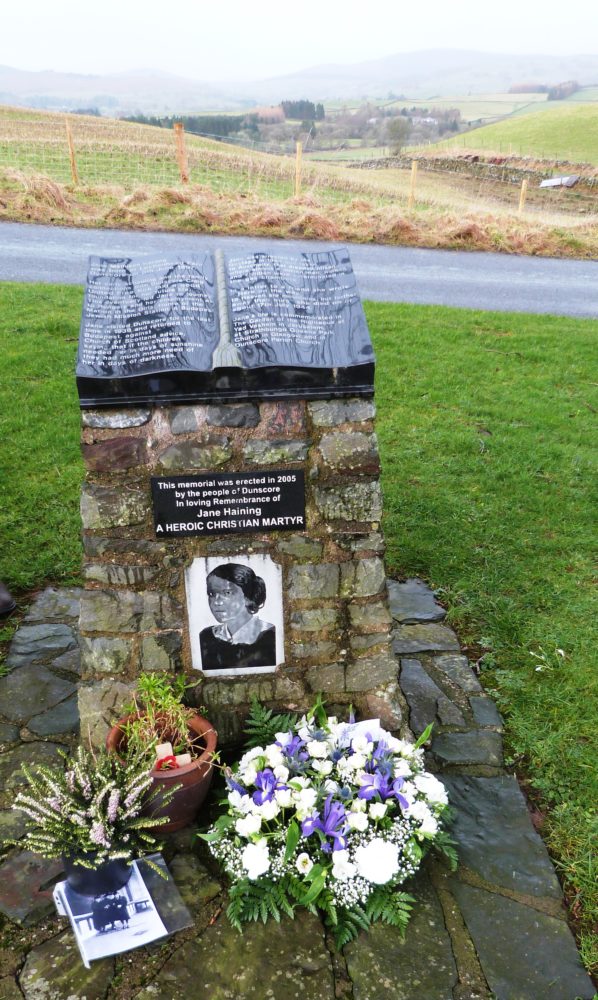
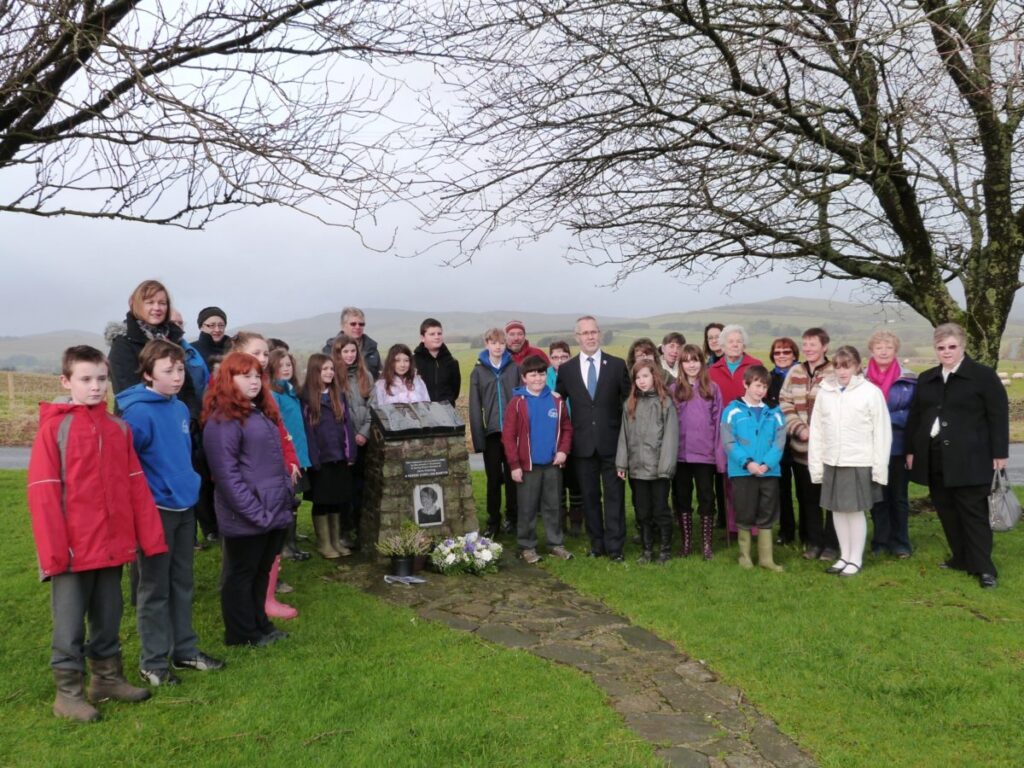
She is also honoured by the Jewish Nation in Yad Vashem, the Holocaust memorial in Israel, by having her name inscribed on the Wall of the Righteous.
Dunscore Primary school awards an annual Jane Haining citizenship award.
